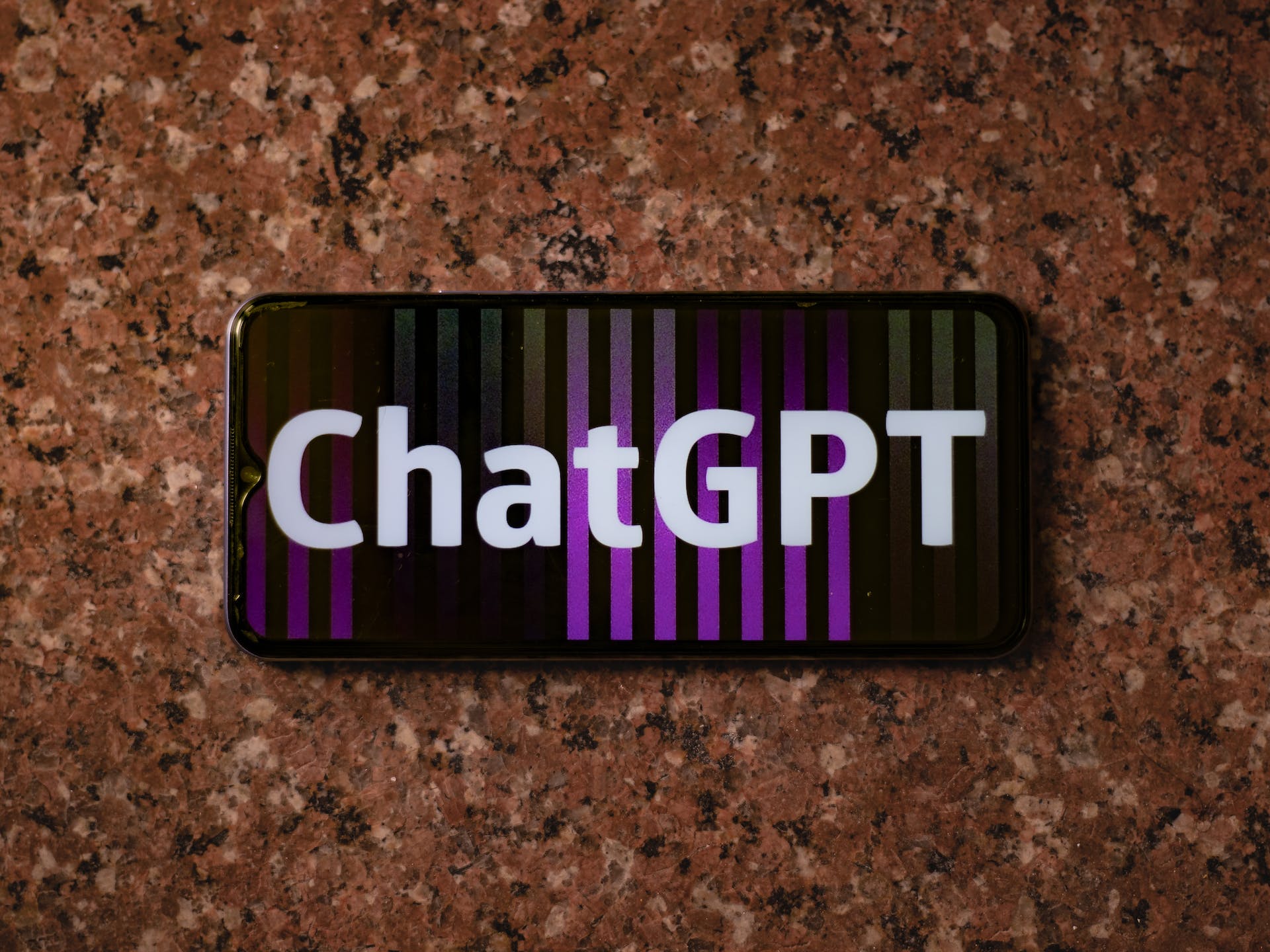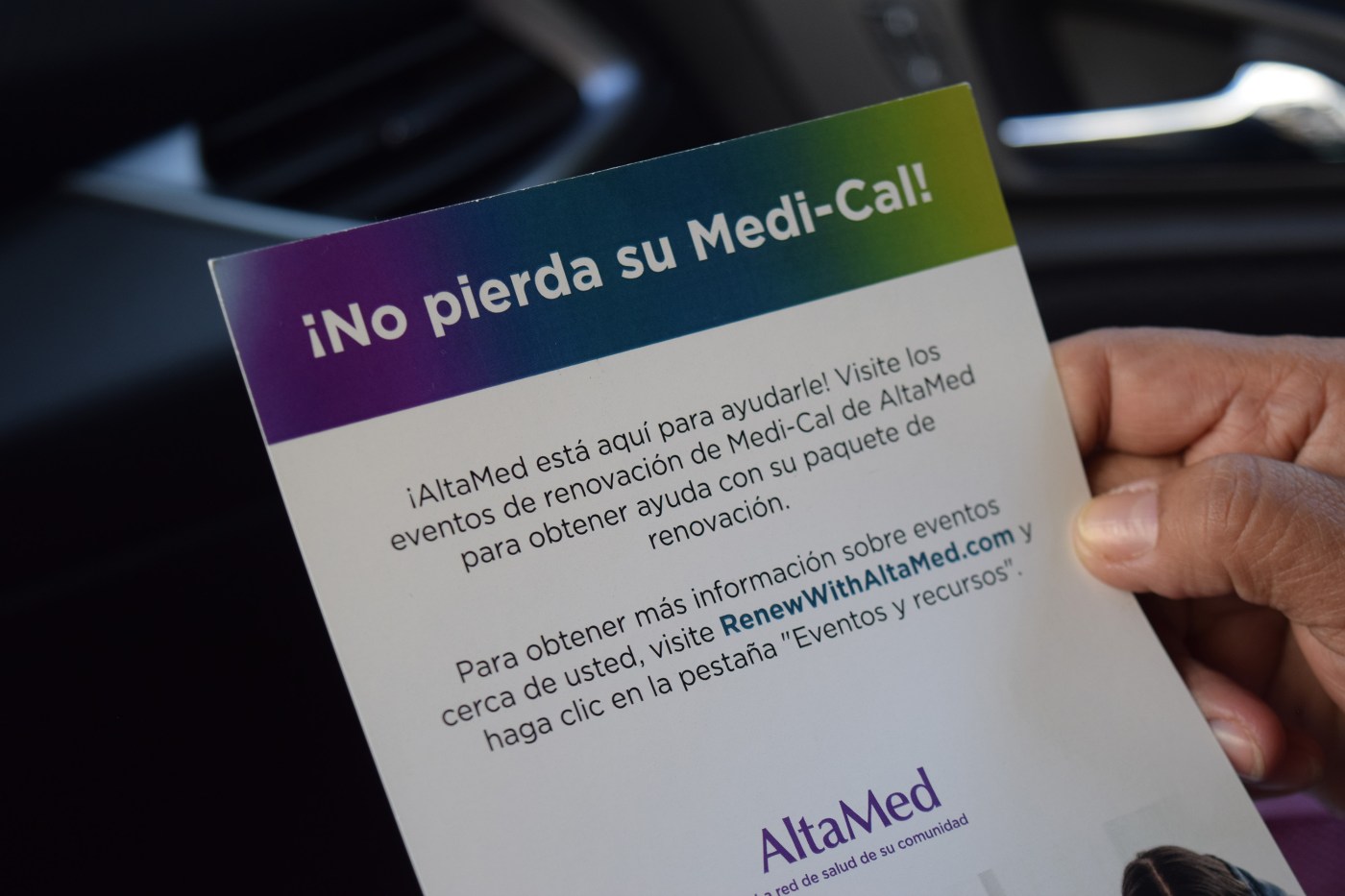OpenAI’s ChatGPT has officially revised its operational guidelines, ceasing to provide specific advice in medical, legal, and financial matters as of October 29, 2023. This decision comes as technology companies, including OpenAI, face increasing regulatory scrutiny and liability concerns. According to NEXTA, the chatbot will now function strictly as an “educational tool,” distancing itself from the role of a consultant.
The change in policy highlights the inherent risks associated with AI-generated advice. Previously, users could pose sensitive inquiries, expecting responses that might address serious issues. Now, the model is limited to explaining general principles and mechanisms, advising users to consult professionals in respective fields. This shift underscores the limitations of AI, particularly in high-stakes scenarios where accurate information is critical.
New Restrictions Address Liability Concerns
The updated guidelines explicitly ban ChatGPT from naming medications, suggesting dosages, or providing templates for legal documents. Additionally, it will no longer offer investment tips or buy/sell recommendations. Such restrictions are a direct response to fears that arose from users seeking medical diagnoses or legal interpretations through the chatbot. For instance, if a user inputs symptoms like “I have a lump on my chest,” the AI might suggest severe conditions, potentially causing unnecessary alarm.
While ChatGPT can describe what an exchange-traded fund (ETF) is, it lacks the ability to assess individual financial circumstances, such as a user’s debt-to-income ratio or retirement objectives. This gap in capabilities emphasizes the importance of consulting certified professionals when dealing with finances or legal matters.
There is also a significant data risk involved with sharing sensitive information with the AI. Users run the risk of exposing their financial details or personal identifiers, which could become part of the training data for future models. The potential for misuse of personal data adds another layer of concern regarding the use of AI for critical tasks such as drafting wills or handling sensitive legal contracts.
AI Limitations Highlighted in Real-World Applications
Moreover, the limitations of ChatGPT extend beyond just legal and financial advice. In emergency scenarios, users should not rely on AI for immediate assistance. For example, if a carbon monoxide alarm goes off, the priority must be evacuation rather than consulting the chatbot. Its lack of real-time situational awareness makes it unsuitable for urgent decision-making.
ChatGPT has also been criticized for its performance in casual contexts, such as sports betting. While some users may have found success using the AI for predictions, relying on it for gambling outcomes is inherently risky. The AI has a history of “hallucinating,” or generating incorrect information about player statistics and game outcomes, making reliance on it for betting decisions unwise.
The ethical implications of using AI in education are equally contentious. While ChatGPT can serve as a study aid, using it to complete assignments undermines the learning process. With the advancement of detection technologies, students may find themselves penalized for attempting to pass off AI-generated work as their own.
The recent changes to ChatGPT’s capabilities are a significant acknowledgment of its limitations. The transition from a potential consultant to a strictly educational resource reflects the growing concerns about AI’s role in sensitive areas. As OpenAI and other tech companies adapt to regulatory pressures, users are reminded that while AI can enhance understanding, it should never substitute for professional expertise.







